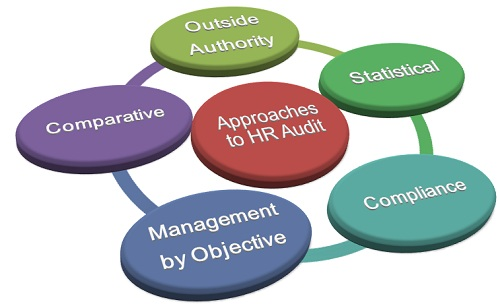The word jurisprudence comes from the Latin word ‘jurisprudentia’. Juris means law and prudentia means knowledge. So jurisprudence stands for “knowledge of the law” or “wisdom of the law” or “philosophy of the law”. In general sense, Jurisprudence is the knowledge which deals with law. The study of jurisprudence started with the Romans. Bentham is […]
Jurisprudence



